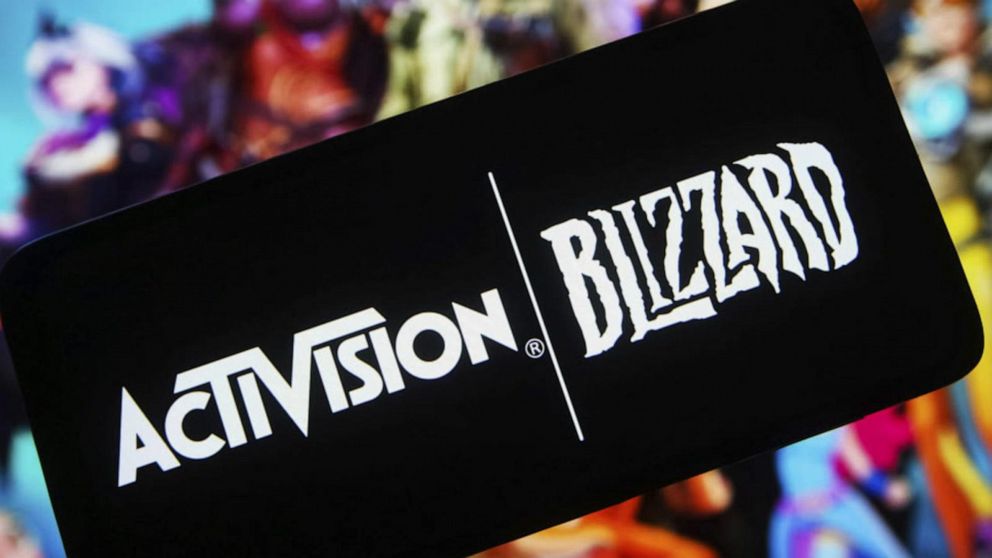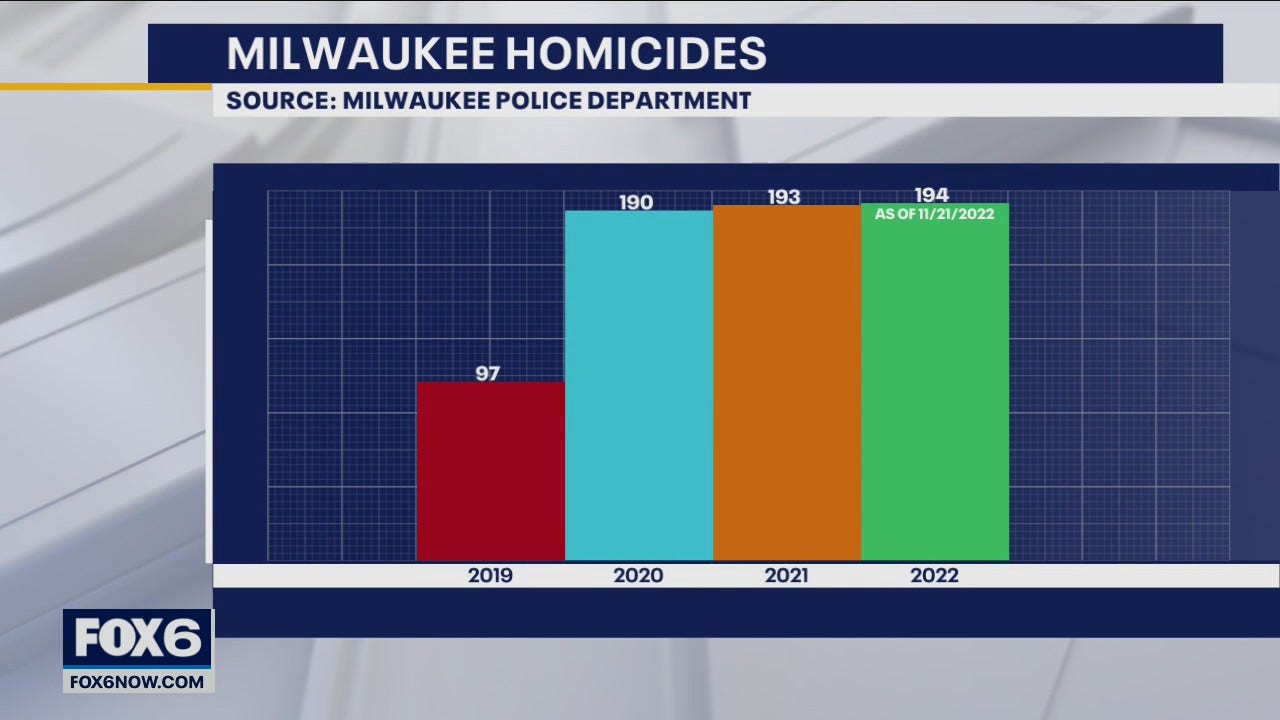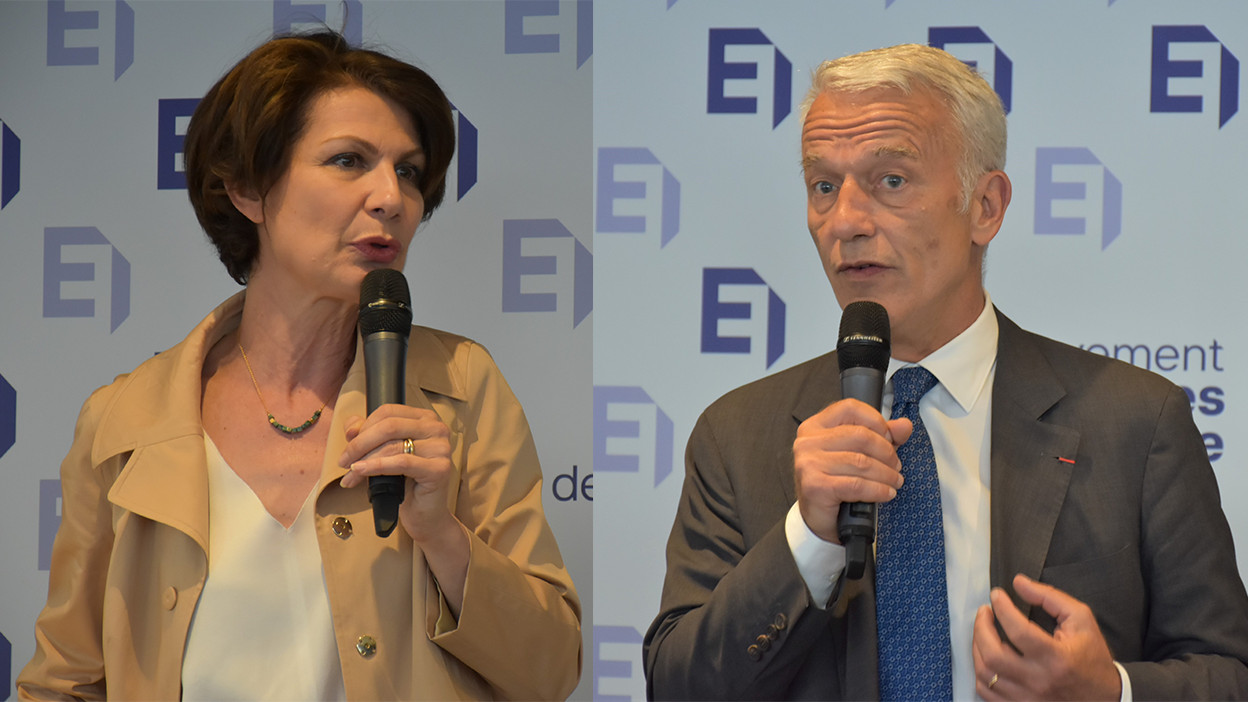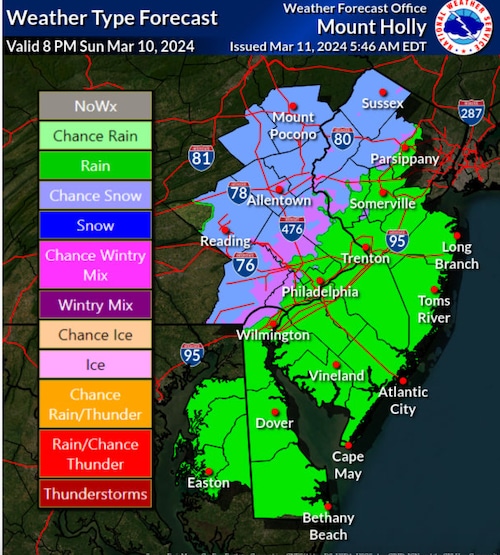FTC Challenges Microsoft's Activision Blizzard Acquisition

Table of Contents
The FTC's Concerns Regarding Anti-Competitive Practices
The FTC's core argument centers on the potential for anti-competitive practices stemming from Microsoft's acquisition of Activision Blizzard. Their concerns revolve around market domination and the stifling of competition, particularly within the rapidly expanding cloud gaming sector.
Market Domination Fears
The FTC argues that Microsoft's acquisition would create an unfair advantage, potentially leading to higher prices, reduced innovation, and less choice for consumers. This fear stems from several factors:
- Microsoft's Existing Market Power: Microsoft already holds a substantial market share in gaming consoles (Xbox) and is aggressively pursuing dominance in the cloud gaming market (Xbox Cloud Gaming). Acquiring Activision Blizzard would significantly bolster this existing power.
- Call of Duty Exclusivity Concerns: A key concern is the potential for Microsoft to make popular Activision Blizzard titles, such as Call of Duty, exclusive to the Xbox ecosystem. This could severely disadvantage competitors like Sony PlayStation and Nintendo Switch, potentially driving players towards Xbox and harming the competitiveness of the overall market.
- Impact on Competitors: The FTC highlights the potential negative consequences for competitors like Sony and Nintendo. Restricting access to key titles or leveraging superior resources could create an uneven playing field, potentially forcing smaller companies out of the market. The loss of competition could then negatively impact consumers with higher prices and fewer choices.
Stifling Competition in the Cloud Gaming Market
The FTC emphasizes the burgeoning cloud gaming market and expresses serious concerns about Microsoft's ability to leverage its control over Activision Blizzard's vast library of intellectual property to stifle competition.
- Cloud Gaming Landscape: The cloud gaming market is still relatively young, but it's experiencing rapid growth. Microsoft's acquisition could significantly impact the competitive landscape, making it harder for smaller companies to compete.
- Microsoft's Strategic Advantage: Microsoft could use Activision Blizzard games as a powerful tool to strengthen its position in cloud gaming. By offering exclusive access to popular titles through Xbox Cloud Gaming, they could attract more subscribers and push out competitors.
- Consumer Access: The long-term effect of this could be reduced consumer access to cloud gaming services, limiting choice and potentially increasing prices. The FTC aims to prevent this scenario.
Microsoft's Defense and Arguments
Microsoft counters the FTC's claims by arguing that the acquisition will actually benefit consumers through increased competition and innovation.
Commitment to Fair Competition
Microsoft has pledged to maintain Call of Duty's availability across multiple platforms, attempting to alleviate the FTC's concerns about exclusivity.
- Cross-Platform Availability Agreements: Microsoft has offered agreements to keep Call of Duty on PlayStation, Nintendo Switch, and other platforms. However, the FTC may consider these commitments insufficient to ensure true fair competition.
- Innovation Argument: Microsoft insists the acquisition will foster greater innovation within the gaming industry by combining resources and expertise from both companies.
- Continued Market Competition: Microsoft argues that even with the acquisition, it will remain a strong competitor in the wider tech market, leaving room for other players to thrive.
Benefits of the Acquisition
Microsoft highlights several potential benefits stemming from the merger:
- Enhanced Game Development: The acquisition will provide enhanced game development resources and technology, potentially leading to higher quality games.
- Wider Game Accessibility: More gamers could have access to Activision Blizzard titles through various platforms and services.
- Collaboration and Innovation: Microsoft emphasizes opportunities for collaboration and innovation between the two companies' studios, resulting in improved games and technology.
Potential Outcomes and Implications of the FTC Challenge
The FTC's challenge has set the stage for a protracted legal battle. The potential outcomes and their implications for the gaming industry are far-reaching.
Legal Battle and Timeline
The legal proceedings could last for months, even years.
- Legal Arguments and Precedents: The case will hinge on complex legal arguments and precedents related to antitrust law and mergers & acquisitions.
- Potential Outcomes: Several outcomes are possible: the FTC might fully block the acquisition, grant conditional approval with stipulations, or reach a settlement with Microsoft.
- Impact on Future M&A: The outcome will significantly impact how future mergers and acquisitions in the tech industry are scrutinized and regulated.
Impact on the Gaming Industry
The FTC's challenge will likely reshape the gaming industry landscape.
- Increased Regulatory Scrutiny: This case will likely lead to increased regulatory scrutiny of future mergers and acquisitions in the gaming industry.
- Long-Term Competitive Effects: The outcome will directly affect the level of competition within the market, influencing game pricing, availability, and innovation.
- Consumer Impact: Consumers may experience changes in game pricing and availability depending on the outcome of the FTC's challenge.
Conclusion
The FTC's challenge to the Microsoft Activision Blizzard acquisition is a landmark case with significant implications for the future of the gaming industry. The outcome will shape the competitive landscape, influence consumer choice, and have a lasting impact on game development and pricing. Understanding this complex legal battle is crucial for anyone following the FTC Activision Blizzard Acquisition and interested in the future of gaming. Stay informed about further developments in this landmark case as it continues to unfold and shape the industry.

Featured Posts
-
 The Evolution Of Michael Lorenzen From Minor Leagues To Mlb Success
Apr 23, 2025
The Evolution Of Michael Lorenzen From Minor Leagues To Mlb Success
Apr 23, 2025 -
 Depozite Bancare Martie 2024 Top Banci Cu Cele Mai Mari Dobanzi
Apr 23, 2025
Depozite Bancare Martie 2024 Top Banci Cu Cele Mai Mari Dobanzi
Apr 23, 2025 -
 Milwaukees Record Breaking Four Inning Base Stealing Spree
Apr 23, 2025
Milwaukees Record Breaking Four Inning Base Stealing Spree
Apr 23, 2025 -
 Dominique Carlach Et Sa Carte Blanche Parcours Et Influences
Apr 23, 2025
Dominique Carlach Et Sa Carte Blanche Parcours Et Influences
Apr 23, 2025 -
 High Winds Batter Lehigh Valley Leaving Thousands Without Power
Apr 23, 2025
High Winds Batter Lehigh Valley Leaving Thousands Without Power
Apr 23, 2025
